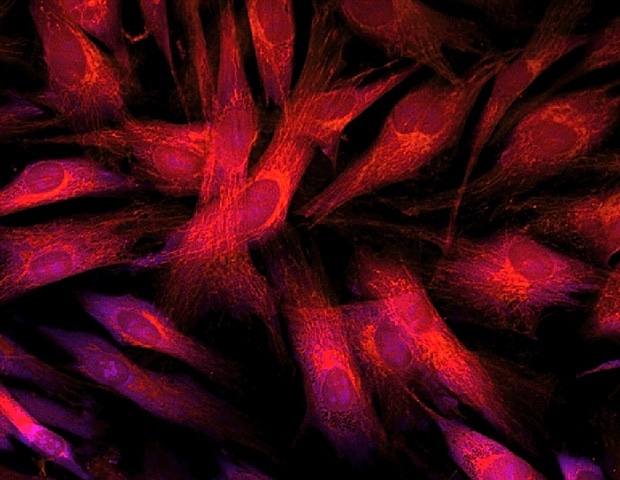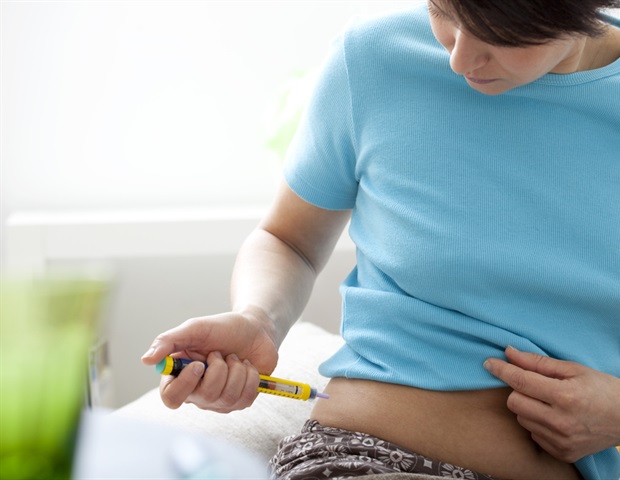Nov. 7, 2019 — The virus known as RSV can cause serious breathing problems in infants. Parents need to be able to recognize the signs, says Children’s Healthcare of Atlanta, because RSV infections seem to be on the rise. The hospital posted this video online to show parents exactly how this labored breathing might look and sound:
Notice the fast belly breathing, grunting, and wheezing, all signs of breathing problems linked to RSV. Call your doctor right away if you notice your baby breathing this way.
RSV doesn’t cause breathing problems in most children. In fact, almost all kids will have an RSV infection at least once before age 2. For most, it’s no big deal. Any symptoms — sneezing, runny nose, fever, coughing — usually go away in a week or two.
But in some children, especially babies younger than 6 months or those with other health issues, RSV is more likely to lead to serious lung illnesses like pneumonia or bronchiolitis. (Ask your doctor if your baby is at a higher risk.)
“Young children and babies can have severe complications,” says WebMD Medical Editor Neha Pathak, MD
And, says Pathak, it’s not always easy to notice if your baby has RSV, especially at first. Younger infants don’t always get the cold-like symptoms that the virus typically causes in older children. In many cases, she says, the only signs may be that they’re less active and more irritable.
“That’s why it’s important to watch closely for any sign of breathing problems.”
“The earlier you treat it, the better the outcome.”
Talk to your child’s doctor if you notice your infant struggling for breath, especially if you also notice dehydration (less than a single wet diaper in 8 hours) or cold symptoms.
Signs of breathing problems might include:
- Flared nostrils
- Wheezing
- Pauses while breathing
- Head motion with each breath
- Grunting
- Quick breaths
- Blue color around the lips or fingertips
- Stomach muscles that tighten to get breath
Infants with RSV-linked breathing problems typically need to go to the hospital. With the right treatment, most babies make a full recovery within a few days.






